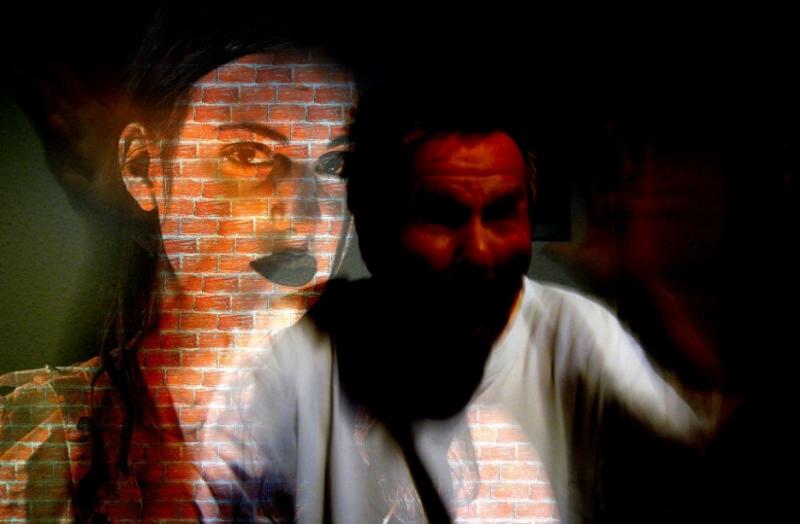What are the Penalties for Domestic Violence?

In the state of New Jersey, victims of domestic violence are able to seek relief through the Prevention of Domestic Violence Act (PDVA) of 1991 from a defendant who is at least 18 years old or emancipated and has allegedly committed or has been convicted of committing an act of domestic violence under the PDVA. Although the two states are separate, the assault charges contained in the New York Penal Law (NYPL §§ 120.00, 120.05, and 120.10) cover a lot of the same types of domestic violence.
According to the law, domestic violence is when the occurrence of one or more of the following:
- Assault
- Burglary
- Criminal coercion
- Criminal mischief
- Criminal restraint
- Criminal sexual contact
- Criminal trespassing
- Cyber harassment
- False imprisonment
- Harassment
- Homicide
- Kidnapping
- Lewdness
- Robbery
- Sexual assault
- Stalking
- Terroristic threats
- Contempt of a domestic violence order
- Any crime involving risk of death or serious bodily injury
What consequences could I face if convicted of a domestic violence crime?
Depending on the circumstances and the injuries, a domestic violence charge violation either be a misdemeanor or a felony. Certainly, the most egregious charges could lead to felony convictions, but in some cases, you may only get probation, or the case may be dismissed. This is why it is so important to speak with an attorney immediately because the penalties that you face include:
- Fines and fees
- Jail time or prison time months to several years
- Post-release supervision
- Restitution hours
Less serious charges may result in jail time that lasts a couple of days to a couple of weeks and a small fine. But an especially violent crime could lead to a lifetime behind bars or exorbitant fees. Your attorney will collect as much evidence as possible to create a strong case since these types of crimes are heavily prosecuted.
There are any number of defenses that your attorney can build based on the circumstances of your case. One important question that they will ask you during your consultation was whether or not there was any drugs or alcohol present when the incident allegedly occurred. You will need to answer questions about your personal relationship with the alleged victim and how you knew each other, as well as the events that led to the injury.
Why Legal Representation Matters
Any number of things can happen once you go into the courtroom. There are things that could be discovered during the investigation that could significantly impact your case, such as the prosecutor discovering that the accuser has a history of falsely alleging domestic violence, that the injuries were self-inflicted, or that the injuries were the result of an honest accident. The goal of your defense attorney is to protect your freedom and your rights.
Regardless if you’ve been accused or convicted of domestic violence, the courts take domestic violence charges seriously, and you will need exceptional legal representation at reasonable fees. An experienced criminal defense attorney may be able to preserve your reputation and keep you out of jail. If you want to learn more about how a criminal defense attorney prepares a domestic violence defense case, then click here. Only an attorney can assess your chances of being arrested and charged, as well as advise you of your options and rights.
More to Read:
Previous Posts:










